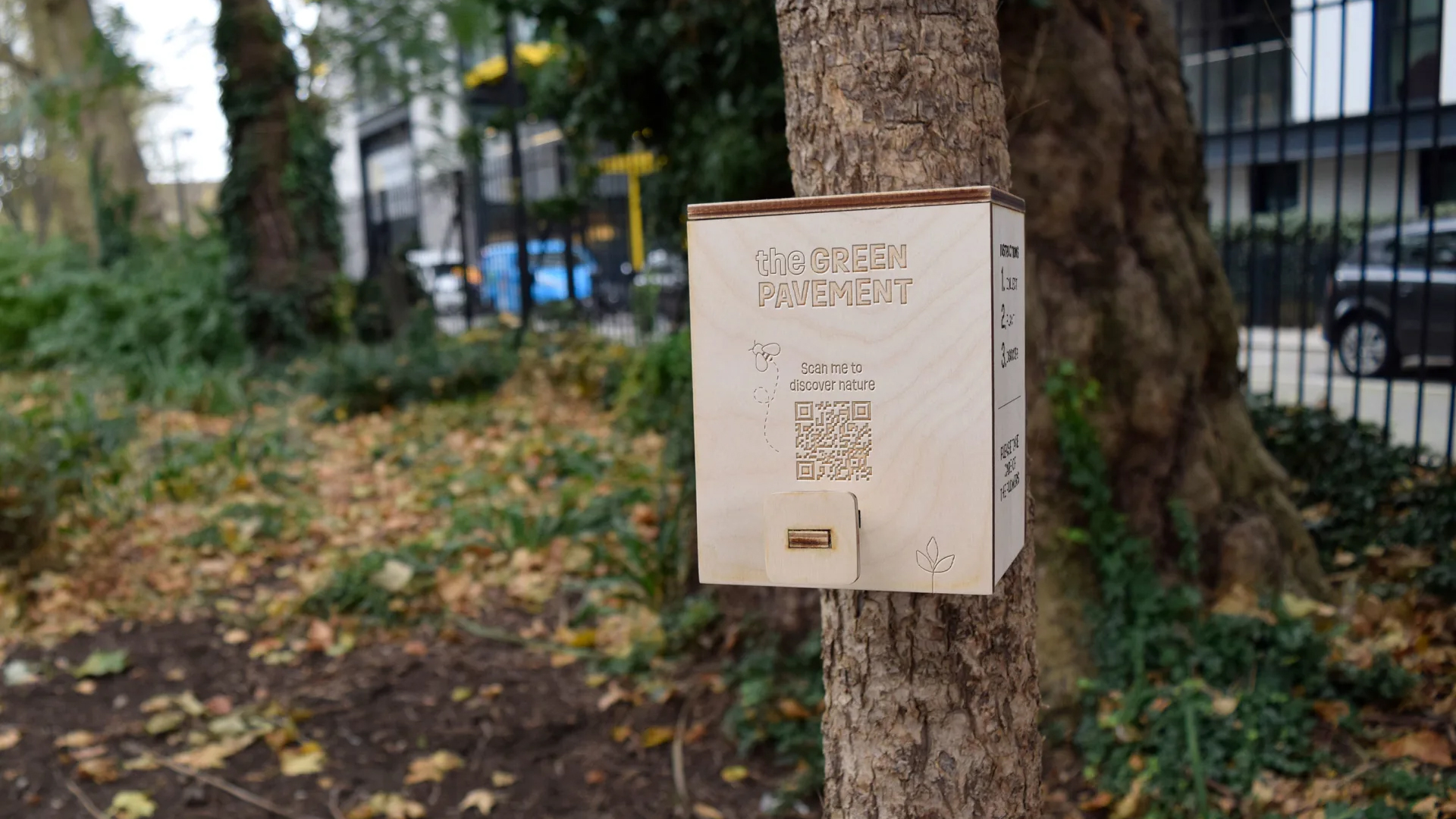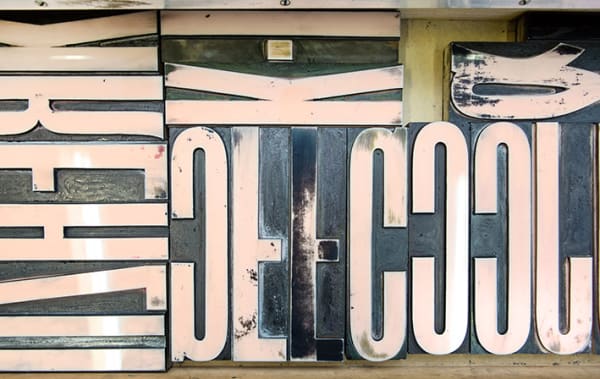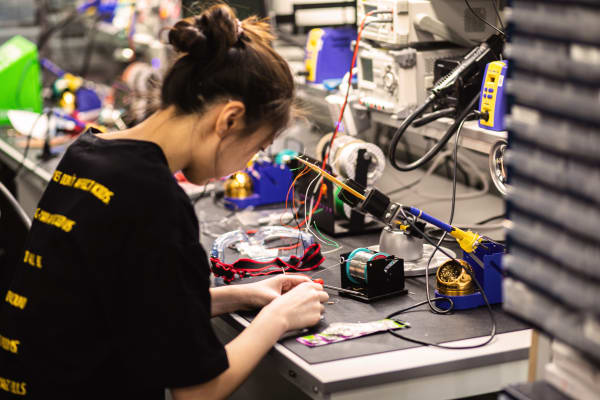Course units
We are committed to ensuring that your skills are set within an ethical framework, and we have worked to embed UAL’s Principles for Climate, Racial and Social Justice Principles into the curriculum and in everything we do.
As part of this initiative, we’ve shaped our courses around social and environmental sustainability principles that ensure learning outcomes reflect the urgent need to equip you with the understanding, skills, and values to foster a more sustainable planet. Our aim is to change the way our students think, and to empower you to work towards a sustainable future.
In common with all courses at the University of the Arts London, this course is credit rated. Years 1 and 2 must be passed to enter into Year 3. Your degree is attained through full completion of the third year.
Year 1
Introduction to Service Design (20 credits)
This unit provides an introduction to the foundational principles and methods of service design. Through practical workshops, you will learn how to apply, document, and reflect on service design as a discipline.
Designing Services (40 credits)
This studio-based unit will introduce you to a variety of design, prototyping and digital methods for designing services. You will engage in individual and collaborative design challenges, and contextualise your work through case studies and other learning opportunities.
Past, presents and futures (40 credits)
This unit focuses on designing for possible futures by exploring methods, tools and narratives from the past and present. Through co-designing futures and producing media for speculative narratives, you’ll gain hands-on experience in designing innovative and socially responsible futures..
Contextual and Theoretical Studies 1 (20 credits)
This unit introduces you to histories, theories and debates in relation to user experience design and visual and material culture. Focusing on the development of 20th- and 21st-century ideas in design, you’ll explore the common themes and cross-fertilisations that occur between theory and culture.
Year 2
Developing Services (40 credits)
This unit builds on the knowledge and practices developed in Designing Services 1, and focuses on the design and production of physical and digital tools for service design. You will collaborate on live briefs with partners and participants, and explore human-centered design principles and methods.
Professional Practices (20 credits)
In the Professional Practices Unit, you will develop creative attributes to explore diverse modes of practice and enhance learning. You’ll learn proactivity, enterprise, communication, connectivity, curiosity, and self-efficacy to navigate change.
Delivering Services (40 credits)
In this unit, you’ll explore project management and innovation strategies for service design, and collaborate with partners from local communities and organisations to develop a service before testing and evaluating its impact and effectiveness for identified users.
Contextual and Theoretical Studies 2 (20 credits)
The aim of this unit is to develop your broader knowledge and understanding of the historical, social, practical, theoretical and cultural ideas, practices and phenomena of contemporary culture, design, art and media in its broadest sense (from architecture to sound design). You’ll have the opportunity to further contextualise aspects of art, media, design and social theory by focusing on a specific option and writing a Thesis Proposal.
Year 3
Major Project (60 credits)
This unit provides an opportunity to develop a substantial creative project that demonstrates your commitment to service design for social impact. Through research, critical analysis, and creative response, you will implement your service design intervention in a real-world setting.
Contextual and Theoretical Studies 3
This unit is the culmination of the Contextual and Theoretical Studies component of your course. It will provide you with the opportunity to utilise the knowledge and analytical skills you’ve gained in relation to visual culture and critical theory through the realisation of a self-determined piece of written work.
Collaborative Futures (20 credits)
This unit focuses on the people, resources, methods and values that influence your work as a service designer. You’ll collaborate with your cohort to develop ideas, projects, and strategies for your collective futures, and organise events that explore key issues affecting your future – both as individuals, and as a cohort.
Optional Diploma between Years 2 and 3
Between Years 2 and 3 of your course, you’ll also have the opportunity to undertake one of the following qualifications:
Diploma in Professional Studies (DPS) (Optional)
This optional diploma can be taken between years 2 and 3. With support from your tutors, you’ll undertake a series of industry placements for a minimum of 100 days/20 weeks. As well as developing industry skills, you’ll gain an additional qualification upon successful completion.
Diploma in Creative Computing (Optional)
Between Years 2 and 3, you can undertake the year-long Diploma in Creative Computing. This will develop your skills in creative computing alongside your degree. After successfully completing the diploma and your undergraduate degree, you’ll graduate with an enhanced degree: BA (Hons) Service Design (with Creative Computing).





